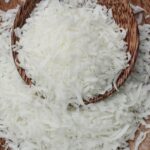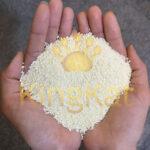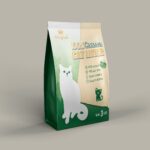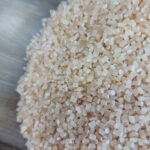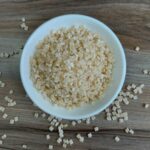CASHEW NUT SHELL OIL
In the ever-evolving world of food technology, the role of modified tapioca starch in cheese production is gaining significant attention. This versatile ingredient not only enhances the quality of cheese products but also addresses challenges in texture, stability, and cost-effectiveness. Below, we explore 7 impactful ways modified tapioca starch transforms the cheese-making process, creating products that delight consumers while meeting industry demands.
Table of Contents
Toggle1. Improves Creaminess and Mouthfeel
One of the most sought-after qualities in cheese, especially in processed and spreadable varieties, is its creamy texture. Modified tapioca starch provides a unique viscosity and smoothness that mimic the richness of traditional dairy fats. Its ability to bind water and form a gel-like consistency ensures a velvety mouthfeel that appeals to consumers.
For applications like cheese sauces, dips, or spreads, this enhanced creaminess can significantly elevate the eating experience, making the product more indulgent and satisfying.
2. Boosts Water Retention for Better Yield
Water retention is a critical factor in cheese production. Modified tapioca starch is highly effective in absorbing and retaining moisture, which translates to a higher yield for manufacturers. By reducing water loss during processing, this ingredient contributes to a cost-efficient production process while ensuring the final product remains moist and appetizing.
This property is particularly beneficial in creating processed cheeses or low-fat cheese alternatives, where maintaining a desirable texture despite reduced fat content is crucial.
3. Enhances Stability Across Applications
Cheese products often face challenges with separation, especially in sauces or during storage. Modified tapioca starch acts as a stabilizer, preventing the separation of water, fat, or proteins. This ensures that cheese-based products retain their structure, consistency, and quality over time.
The starch’s stability is essential for maintaining product integrity, whether in frozen, shelf-stable, or ready-to-eat formats.
4. Improves Meltability and Stretchability
For products like pizza cheese or mozzarella, meltability and stretchability are key attributes that drive consumer satisfaction. Modified tapioca starch helps achieve these qualities by enhancing the cheese’s melting behavior and stretch characteristics. It works synergistically with other ingredients to create the gooey, elastic texture consumers love in hot, melted cheese applications.
5. Supports Fat Reduction Without Compromising Quality
Health-conscious consumers are driving demand for low-fat cheese options. However, reducing fat in cheese often leads to compromised texture and flavor. Modified tapioca starch offers a solution by replicating the creamy mouthfeel and richness typically provided by fats. It also aids in maintaining the structure and cohesion of the cheese, ensuring that low-fat variants meet consumer expectations.
6. Cost-Effective Ingredient for Manufacturers
In addition to its functional benefits, modified tapioca starch is a cost-efficient ingredient. It can partially replace expensive dairy solids or fats without sacrificing product quality. This makes it an attractive option for manufacturers seeking to optimize production costs while delivering high-quality cheese products.
Moreover, tapioca starch is widely available and derived from renewable sources, adding an element of sustainability to its economic advantages.
7. Enhances Freeze-Thaw Stability
Frozen cheese products often face issues like syneresis (water leakage) or textural degradation after thawing. Modified tapioca starch provides excellent freeze-thaw stability, ensuring that the cheese retains its texture and appearance even after freezing. This property is crucial for products like frozen pizza or pre-shredded cheese, where consistency and functionality must remain intact.
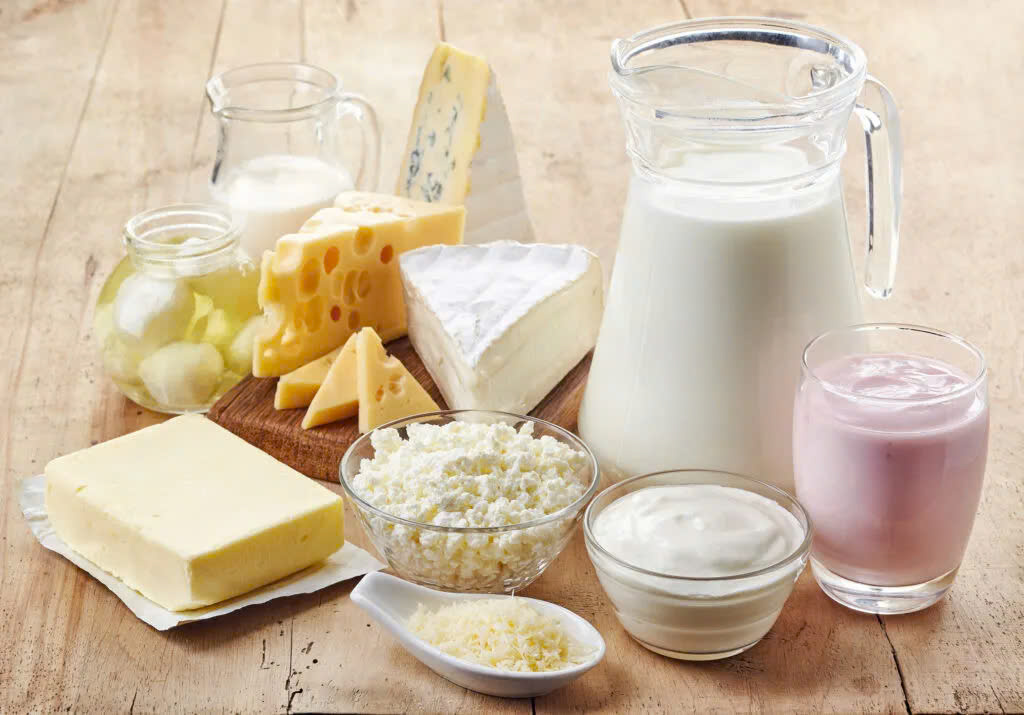

Conclusion
Modified tapioca starch is undeniably a game-changer in cheese production. Its multifunctional properties enhance texture, creaminess, and stability while offering cost and sustainability benefits. From improving meltability in pizza cheese to enabling high-yield, low-fat alternatives, this ingredient addresses both consumer preferences and industry challenges.
As the demand for innovative cheese products continues to grow, leveraging the potential of modified tapioca starch will allow manufacturers to create superior offerings that stand out in a competitive market. Whether it’s traditional dairy cheese or plant-based alternatives, this ingredient is shaping the future of cheese production.



